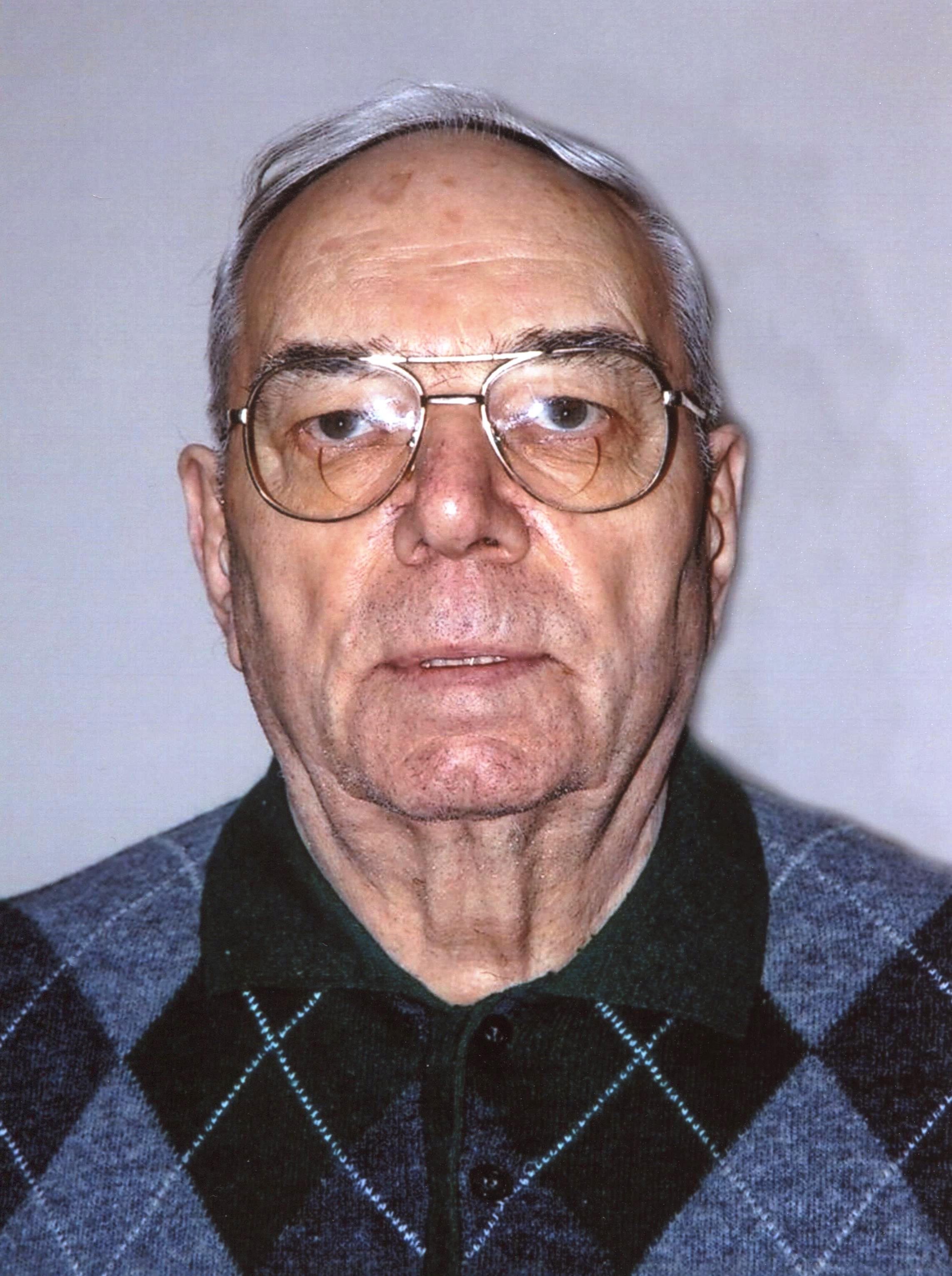Daniel Comboni
Comboni Missionaries
Institutional area
Other links
Newsletter
In Pace Christi
Ribelli Libero Duino Francesco
Bro. Libero was born on 2 June 1921 at Polpenazze (Brescia), in the diocese of Verona. He used to say that, as a boy, he used to serve Mass. One day the parish priest took his altar servers to Schio, to visit a missionary display. There he met Sister Giuseppina Bakhita, the Sudanese slave who became a Canossian Sister and was declared a saint only a few years after her death. Bakhita wrote: “If I were to meet those slave traders who abducted me and tortured me, I would kneel before them and kiss their hands because, if that had not happened, I would not now be a Christian and a Sister”. We do not know how impressed Libero was by this Sister. We only know he never forgot meeting her.
Having joined the Combonis, he did the first year of the novitiate in Florence and the second at the Provincial House in Sunningdale (England). There he took first vows on 20 March 1950. He then was sent to the house of Stillington where he could continue to learn English.
He spent the years from 1951 to 1956 in Verona, where he was cook, then in Crema and Troia, at the service of the community, in Rome as cook, gardener and engaged in mission promotion, at the ACSE and in the travels sector. On 19 March 1956 he made his final profession and was sent to Uganda where he stayed until 1962, firstly at Aliwang mission, in charge of building, then at Kaabong, working on the farm and then in Kangole, again busy with constructions.
He was assigned to Italy from 1962 to 1971, firstly at the service of the community of Venegono, where he also worked in mission promotion. Then, occupied mainly as the cook, he worked in the communities of Cuneo/Barolo and Asti, where he also assisted in mission promotion work.
He spent the years from 1971 to 1976 in Uganda, at Moroto, mostly engaged in building. He then moved to Asti, Italy, where he served in reception.
From 1978 to 1982 he served in the NAP, in the house of Cincinnati and later in Los Angeles, CA (then the Novitiate), and finally in Chicago, at the scholasticate where he also worked in mission promotion.
Bro Libero spent the years from 1983 to 1991 in South Sudan as local bursar and at the service of the Provincial House in Juba. As Fr. Raffaele Cefalo recalled at the funeral, those were, in Brother Libero’s words, the best years of his life, years when he had the privilege of working where Comboni worked. It was a period in which the bishops of Sudan were looking for Comboni personnel, especially Brothers in the traditional sense of the word, factotum Brothers: builders, carpenters, mechanics, etc. to rebuild the many missions that had been destroyed. As a result, in June 1983, Fr. Libero arrived in Nairobi on his way to South Sudan and, a few days later, using the visa Fr. Cefalo had swiftly obtained for him, he reached his destination, Juba, after travelling for two days and having to mend seven punctures to the tyres of the Toyota Land Cruiser! This was a foretaste of the many challenges that lay ahead of him in the following years while he worked as a ‘factotum’ Brother in Juba, Wau and Bussere.
In July 1991 he returned for good to Italy, though he still officially belonged to the province of South Sudan for some time. He served the communities of Verona (2 years) and that of Rome, in the General Curia, from 1993 to 2013. While in Rome, Bro. Libero always carried out his work punctually and with care. He was sacristan for many years and was always concerned with providing all that the church needed. He was friendly and understanding towards the confreres and always ready to help them or perform services for them.
On hearing of his death, Fr. Torquato Paolucci sent a message to the confreres of Milan community, signed by all the members of the Rome community, saluting Bro. Libero and emphasising the “unforgettable impression” he had left in the Curia where he spent more than 20 years. Everyone remembers his discreet and silent presence. When he left the community, he was sorely missed. He was always an example of work, attention to the liturgy and to each confrere. Everyone remembers his smile, his respectful greetings and how he would modestly speak of his military service in Russia, when he fought with his contingent in the defence of the River Don. “He taught us”, Fr. Torquato said, “that it is possible to be real Comboni Missionaries while far from the missions, something which, we are sometimes reluctant to believe when we have been away for many years from what we like to call the mission”.

